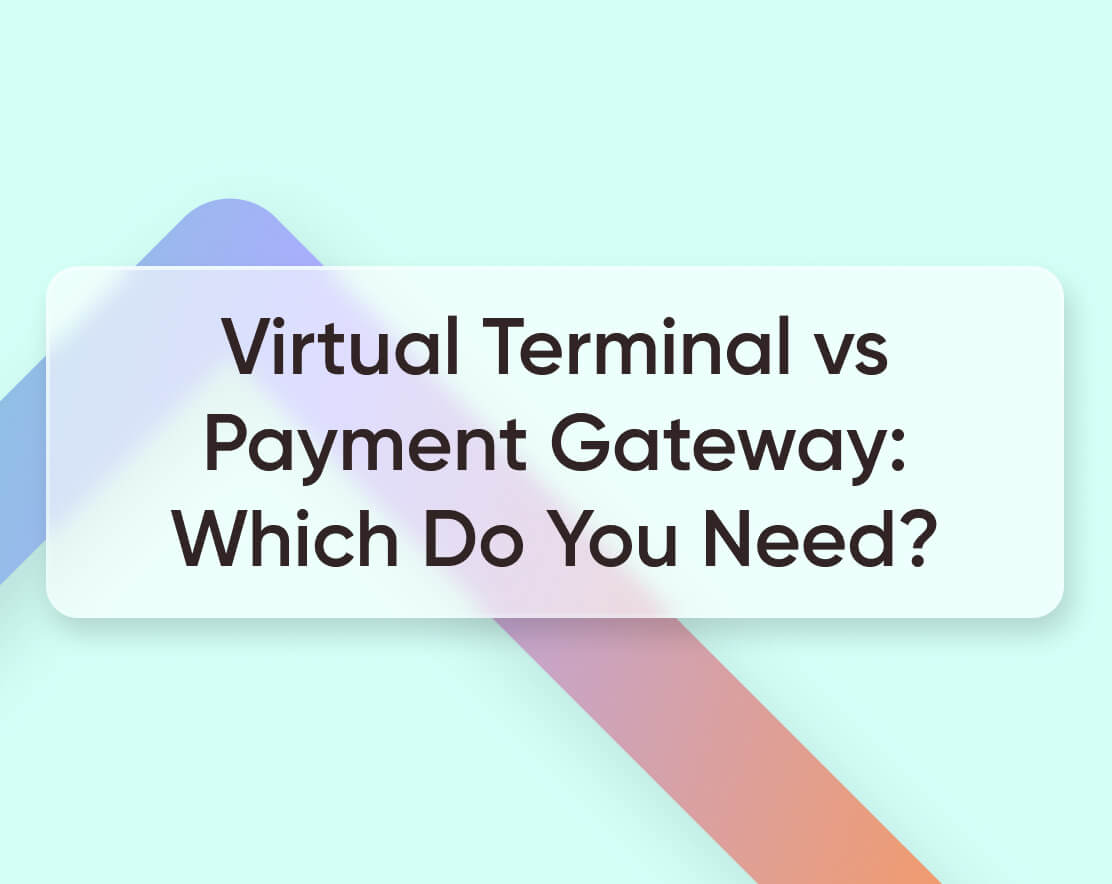As a small business owner, ensuring your customers trust your payment system is crucial to getting customers over the buying line and keeping them coming back for more. However, avoiding fraudulent charges can be a challenge.
There are many types of authentication for credit cards out there today. One such measure is an address verification service – a way for credit card processors to easily match the name and address of customers attempting to purchase goods or services with a credit card.
{{text-box}}
What Is an Address Verification Service and How Does It Work?
An AVS is a tool used by credit card processors and banks to help detect fraudulent credit card activity. First introduced by Mastercard, it’s since been adopted by all the major credit card companies.
An AVS will verify that the billing address provided by a customer matches the billing address the issuing bank has on file for that customer, as part of the authorization process.
This helps mitigate credit card fraud and allows merchants to avoid running problematic transactions that may need to be refunded down the line. However, it’s not a perfect system and should be used in conjunction with other fraud detection measures like CVV, 3D Secure, and IP address verification.
When Is AVS Used?
AVS is most common in card-not-present transactions, like online or over the phone, where fraud is harder to catch. However, it can also be used during in-person transactions, especially in large or high risk transactions.
For merchants, using AVS either separately or with another authentication process like 3D Secure can better help you defend against chargebacks by showing you’ve done your due diligence when it comes to credit card transactions.
What Are AVS Codes and How Do They Work?
When the address verification is performed, the credit card processor only checks that the name, house number, and zip code of a billing address match.
There are a number of different single letter codes that are used across credit card companies. These codes mean a variety of different things with the most common being:
- Partial Match (A, W, or Z): Part of the address matches, but not all of it
- International Card (G): No address verification is possible
- Retry (R): An issue occurred during the process
- Unavailable (U): Either the bank does support AVS or there isn’t information on file
- Full Match (X or Y): Both the zip code and the address match
The Benefits of Using Pay.com as Your Payment Service Provider
Pay.com is a safe and convenient payment service provider for any type of business. It offers an array of security features like credit card tokenization to convert sensitive information into randomly generated tokens. Your customers can feel confident when entering their credit card information.
Additionally, Pay.com boasts Level 1 PCI DSS compliance, the highest level that is regularly audited by an independent assessor. You can proudly display the PCI DSS logo on your website, further instilling confidence into your customers.
Finally, with robust 3D Secure 2.0 (3D2S) authentication for certain transactions, you can reduce the risk of fraudulent activity leading to chargebacks. Like AVS, this is an added layer of protection to help you ensure you’re protecting your customers’ information, as well as preventing unnecessary stresses for your business.
Click here to get started with Pay.com now.
The Bottom Line
AVS is one way for merchants to authenticate credit card transactions that may be riskier. It’s not the only form of credit card authentication, and shouldn’t be used as a single measure of authenticity. Instead, AVS works best when it is part of a larger authentication process.
Pay.com offers a reliable authentication process for credit card transactions through 3D2S. This system reduces fraudulent activity and ensures your customers feel safe and confident paying online.
Click here to create your Pay.com account now.
_%20What%20You%20Need%20to%20Know-Thumb-Image.jpg)







.jpg)
